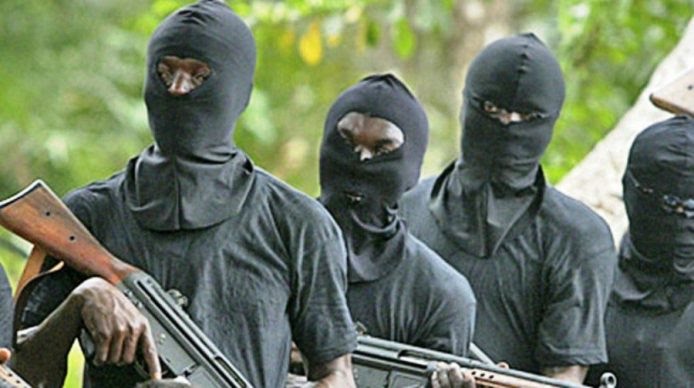On a tragic Friday night in the Bokkos Local Government Area of Plateau State, four young men lost their lives to an attack carried out by armed gunmen. The victims were reportedly engaged in work at a mining site in the Batura community when they were ambushed around 9 PM. Confirming the disheartening news, Sabastine Magit, the President of the Butura Youth Movement, shared details of the attack and emphasized the reckless, unprovoked violence that plagued their community. This incident has once again highlighted the pervasive insecurity and violence driven by ethnic strife and criminal activities that have afflicted the region.
According to Magit, the gunmen, who spoke in the Fulani dialect, targeted innocent youths without any apparent provocation. The attack resulted in the immediate deaths of four individuals: Bwefuk Musa, Klingshak Dickson, Promise Joshua, and Nyam Abaka, all of whom were in their early twenties. In addition to the fatalities, five other individuals sustained injuries during the assault, which unfolded with shocking speed, emphasizing the brutality of the attackers. This pattern of violence has been tragically consistent, with the Butura community reporting over 20 members killed in a one-month span due to similar unprovoked attacks attributed to Fulani militants.
Eyewitness accounts depicted a swift and deadly operation by the assailants, who managed to flee the scene before military personnel stationed at a nearby checkpoint could respond. The impact of this violent act reverberated through the local community, which is still grappling with the aftermath and mourning the loss of their youth. This attack struck just four days after a separate incident in the village of Wumat, where five family members, including a pregnant woman, were killed. Such recurring violence not only calls attention to the urgent need for security interventions but also raises questions about the adequacy of the response measures in place.
This most recent event adds to a troubling history of violent attacks in the region, which has seen families torn apart and entire communities living in fear. It also points to potential failures in local governance and security infrastructure to protect citizens from such brutality. Authorities have been largely unresponsive, as evidenced by the unavailability of comments from the spokespersons for the Plateau State Command and the Military Taskforce when contacted. The lack of timely reactions from law enforcement and military units in these critical incidents exacerbates the anxiety and sense of vulnerability in Batura and surrounding areas.
The acknowledgment of this violence by local leaders and community representatives, such as Sabastine Magit, shows a growing imperative for grassroots advocacy and support structures. As they rally the community to address the ongoing threat posed by these armed groups, there are increasing calls for greater state and national attention to the security situation in Plateau State. The rampant violence not only affects the immediate victims and their families but also threatens the fabric of society, leading to a cycle of fear, retaliation, and communal strife that can hinder development initiatives and peacebuilding efforts.
In conclusion, the attack in Bokkos serves as a stark reminder of the urgent need for an effective response to the escalating violence in Plateau State. As communities like Butura navigate the grief of loss and the anxiety of ongoing threats, it becomes imperative that local and national authorities enhance their commitment to ensuring safety and security for all citizens. Addressing the underlying issues that lead to such violence is crucial in restoring peace and preventing future tragedies, as stakeholders at every level must work collaboratively to protect those most vulnerable to these repeated acts of aggression.


